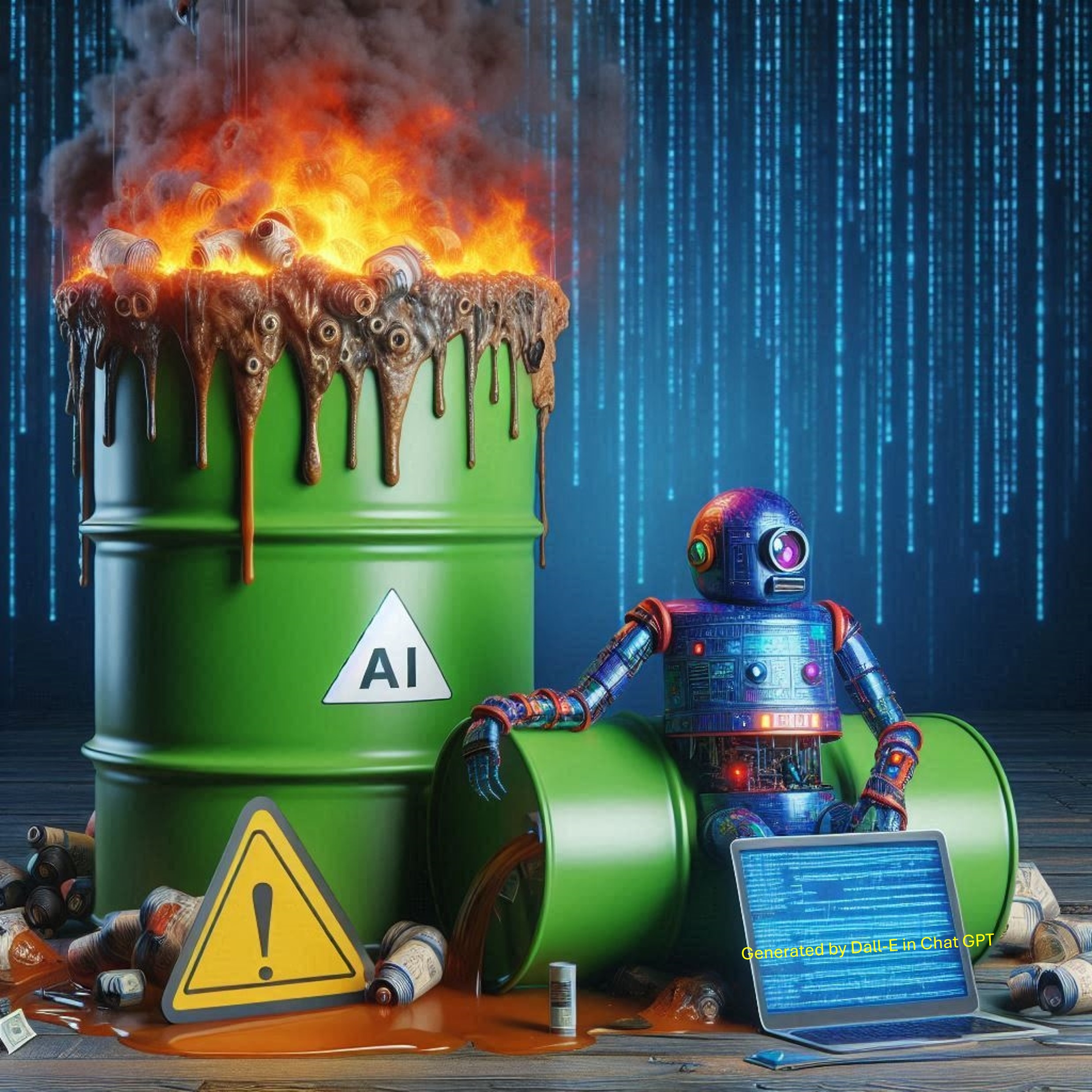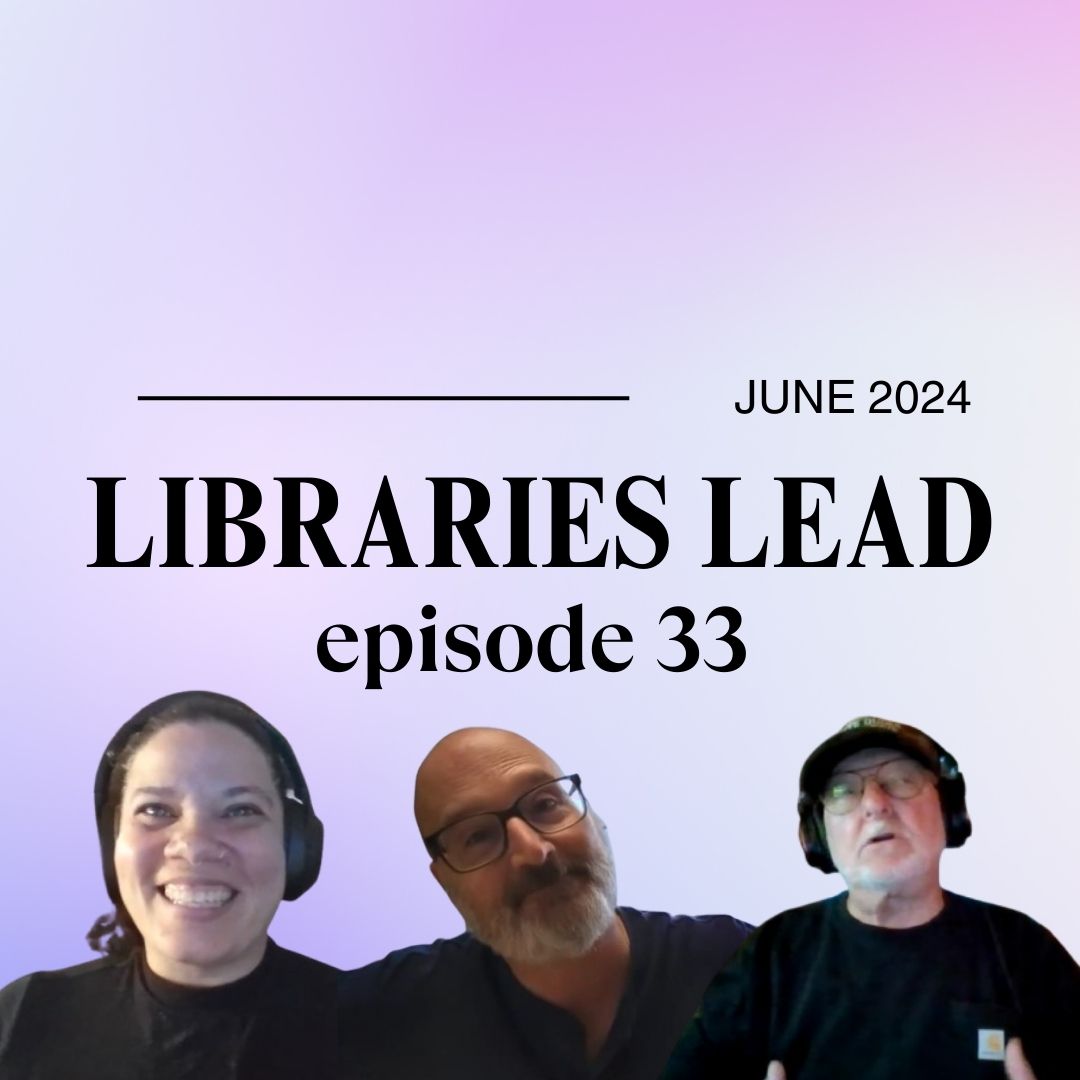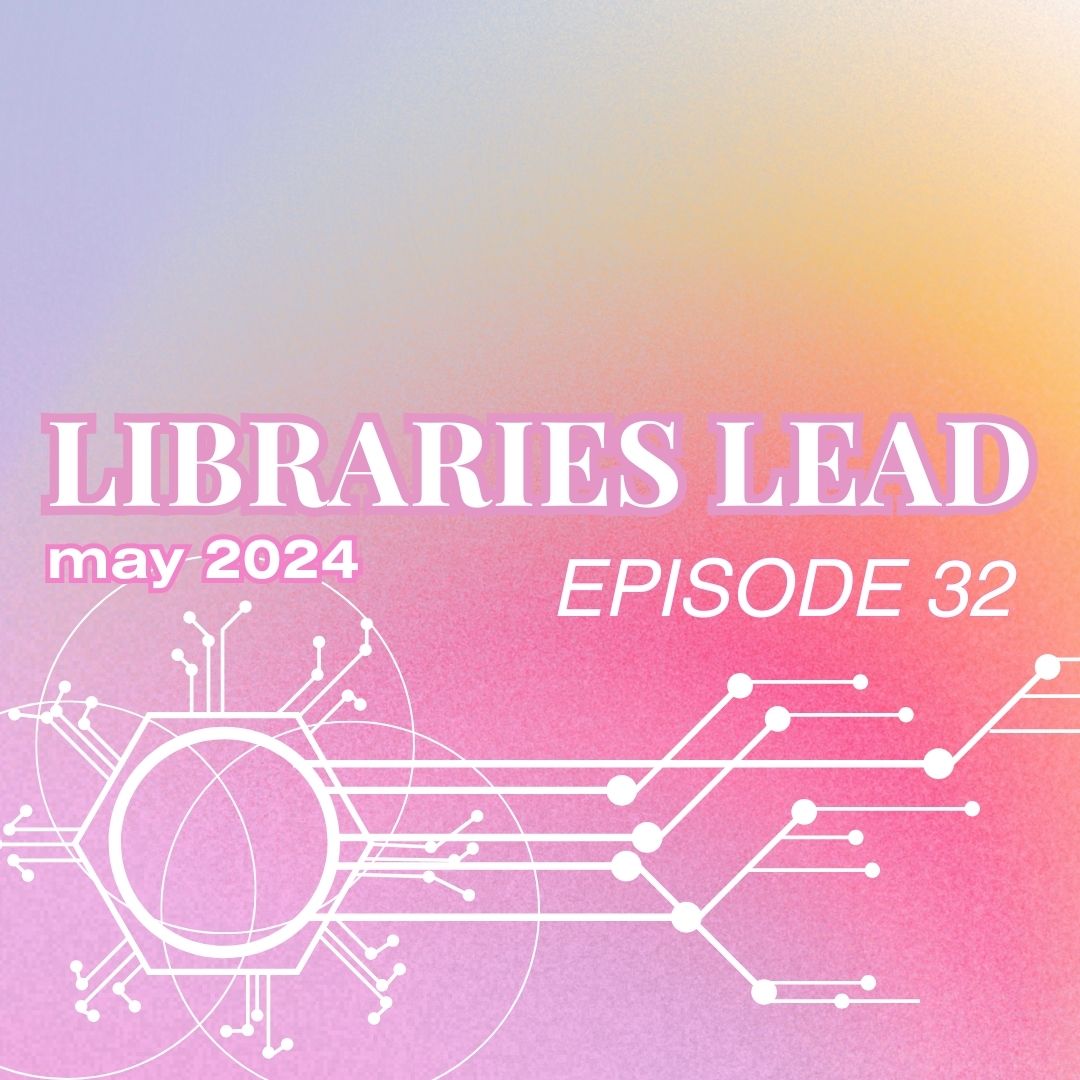Wilmington Public Library enlists community input alongside vibrant in-house marketing to build excitement around innovative events. San José Public Library, CA, and Worcester Public Library, MA, received honorable mentions.
LIBRARIES LEAD PODCAST
EXPLORE LJ
PROFESSIONAL DEVELOPMENT
STARRED REVIEWS
ALREADY A SUBSCRIBER? LOG IN
We are currently offering this content for free. Sign up now to activate your personal profile, where you can save articles for future viewing































